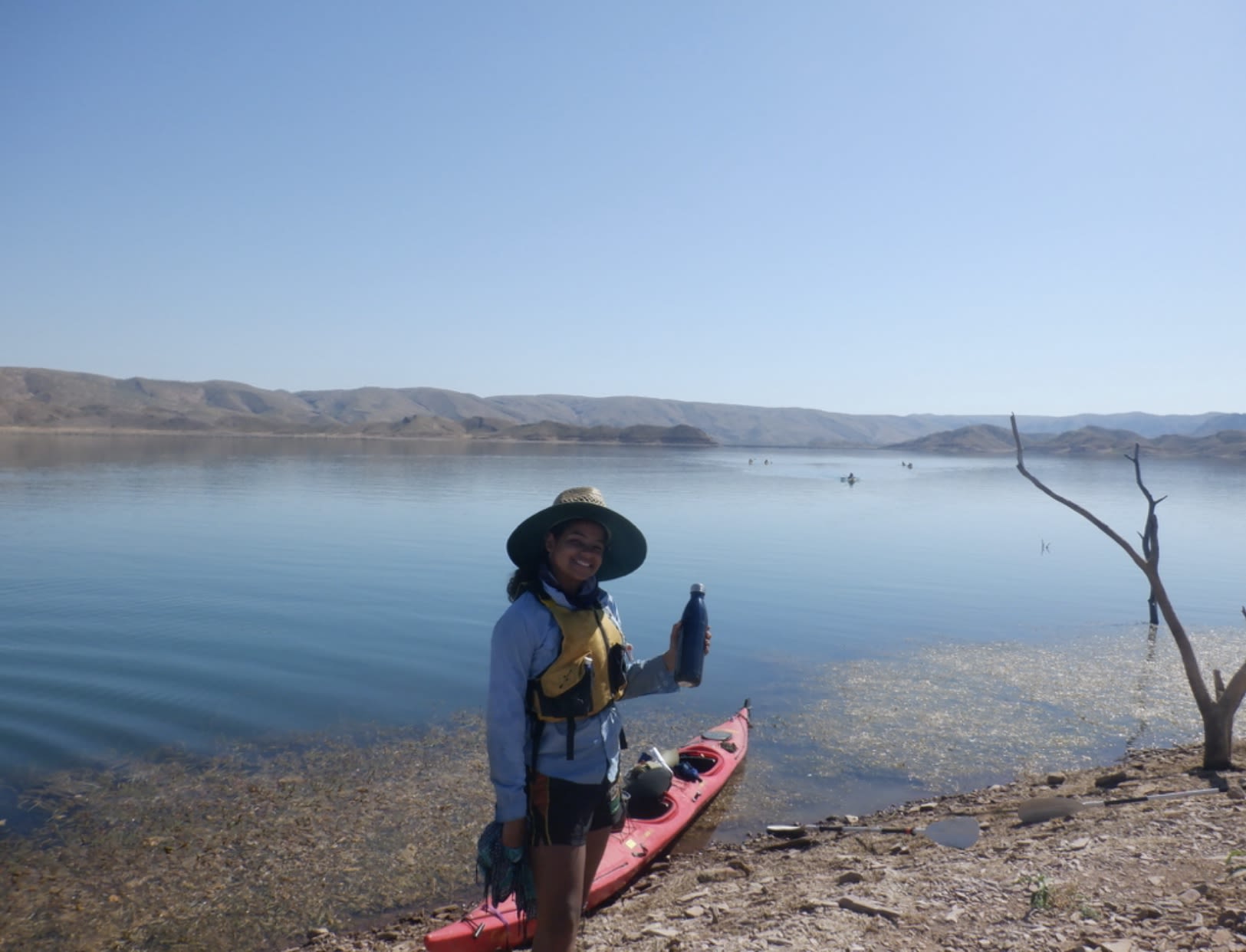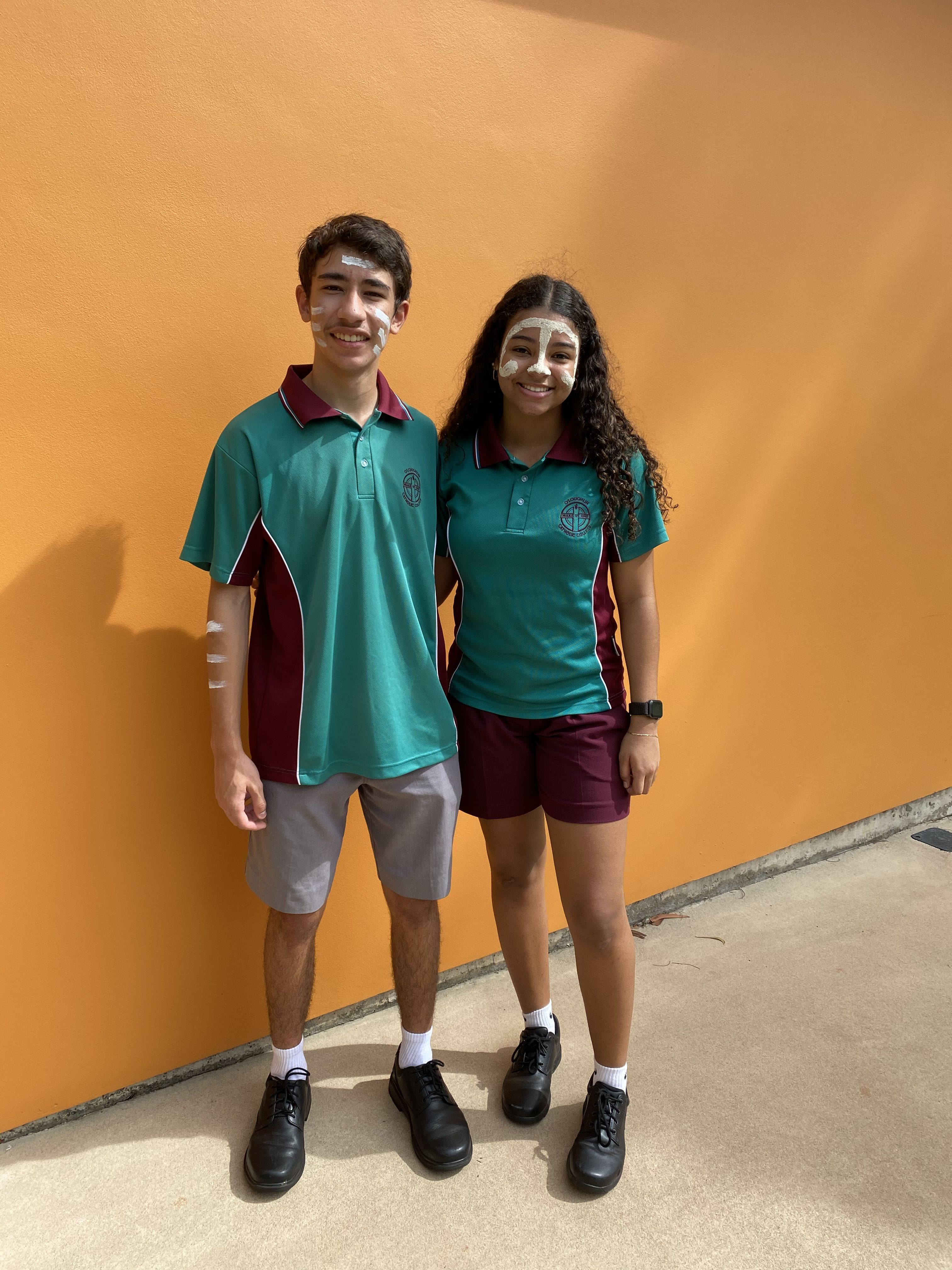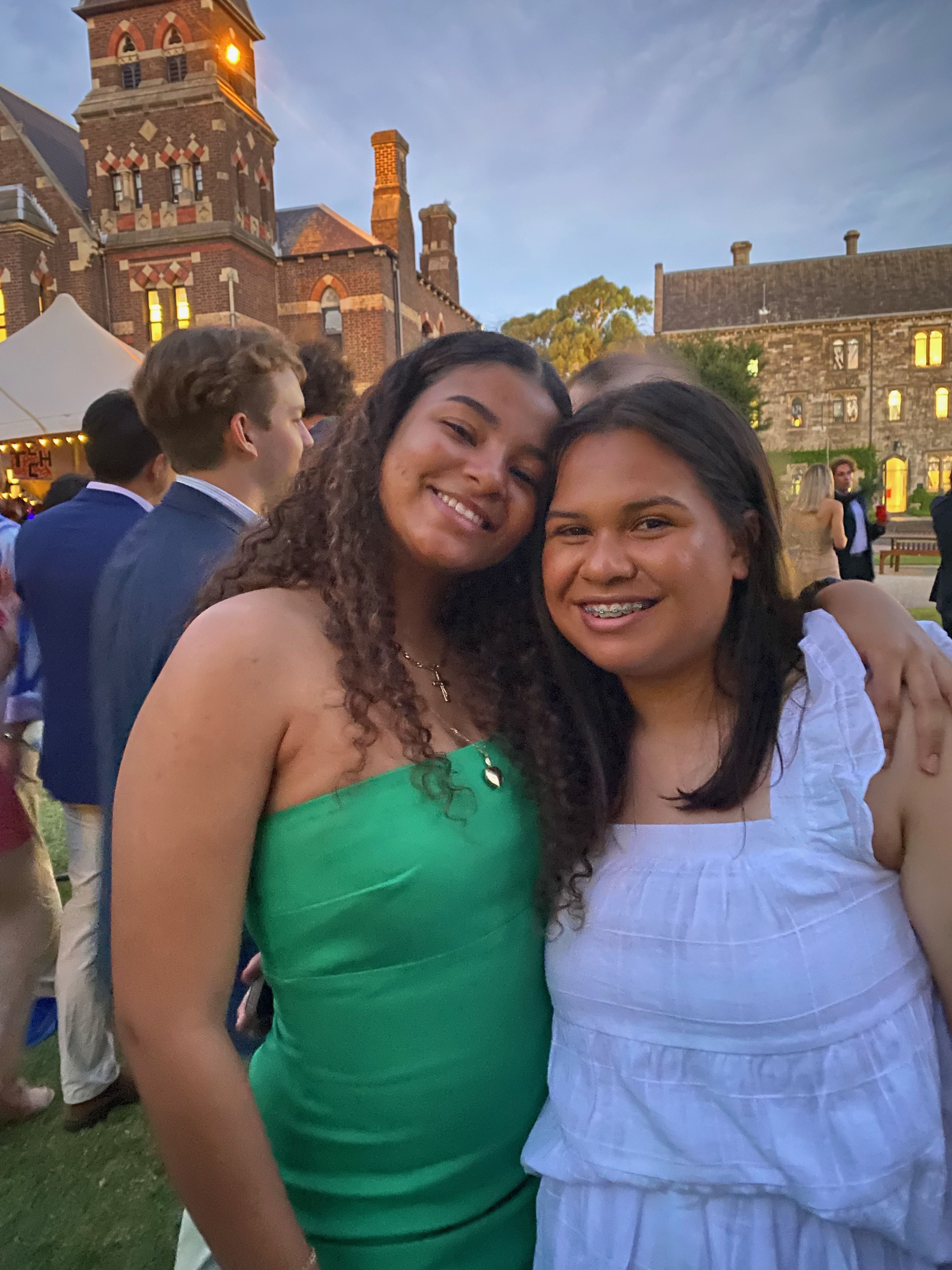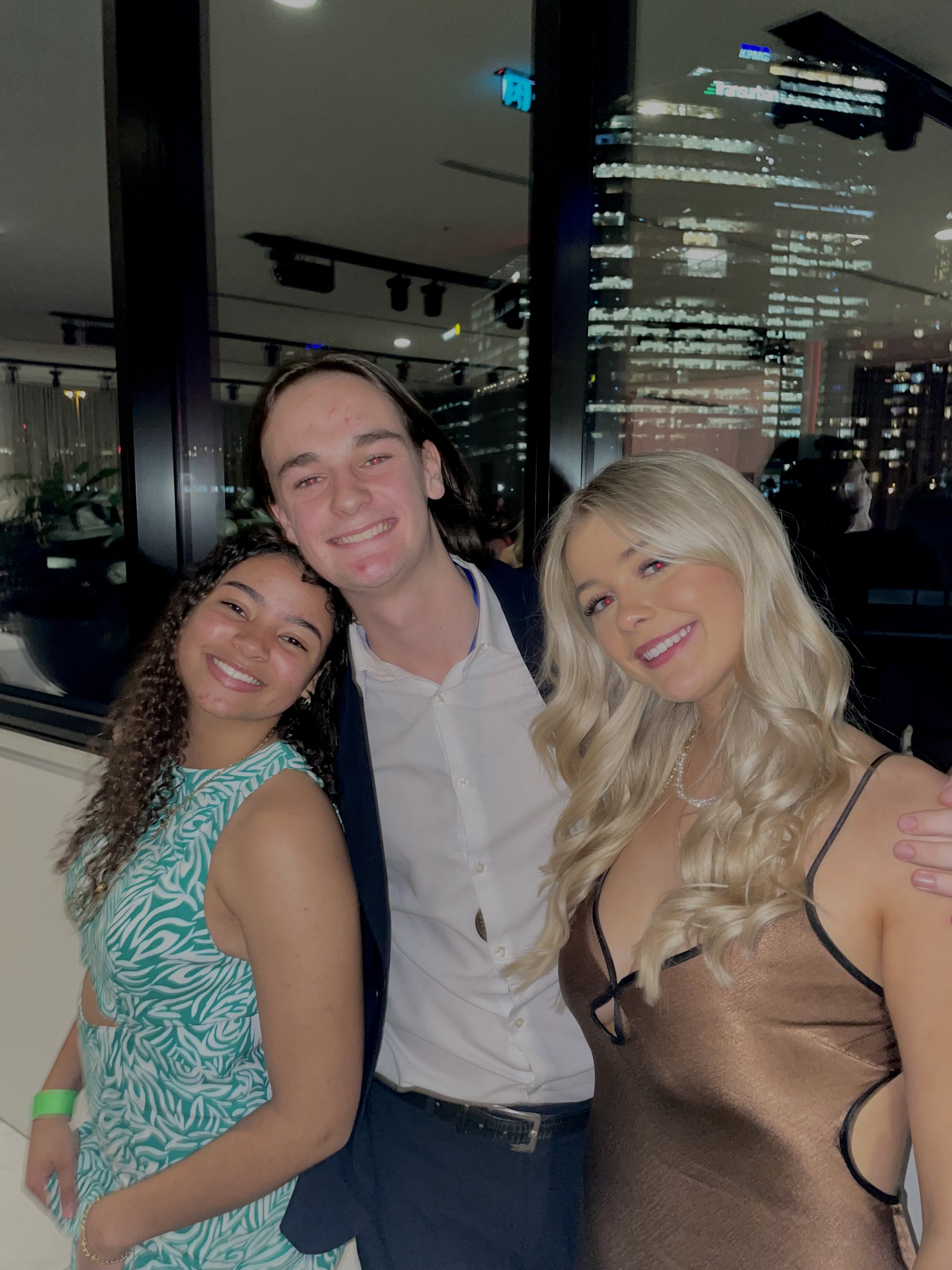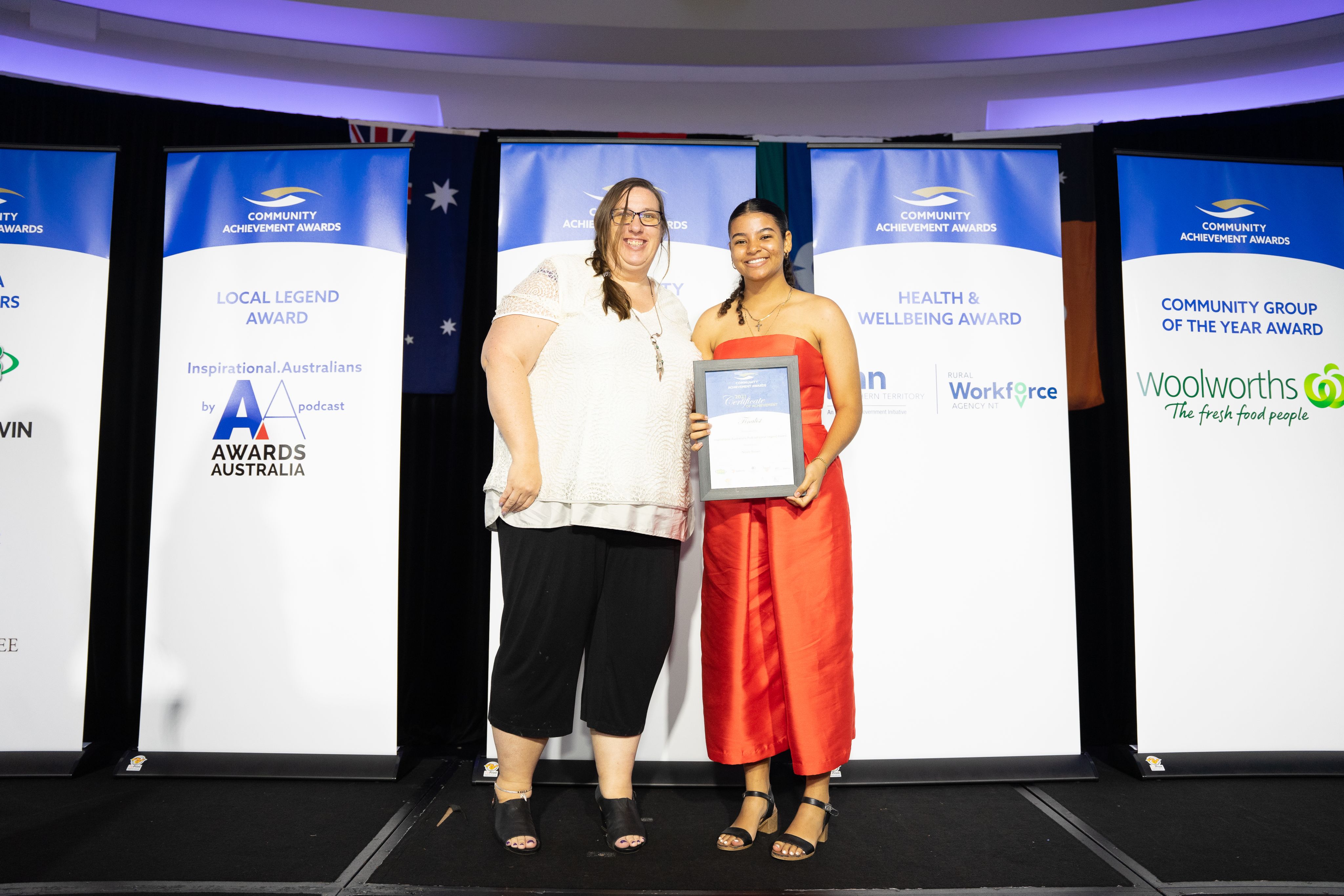From Larrakia to Wurundjeri country: How Anisha Damaso is inspiring other Indigenous students to dream big
Moving away from Darwin to study at the University of Melbourne was a big step for Anisha Damaso, but it opened her up to new experiences and possibilities. Now she hopes other Indigenous students will follow her lead.
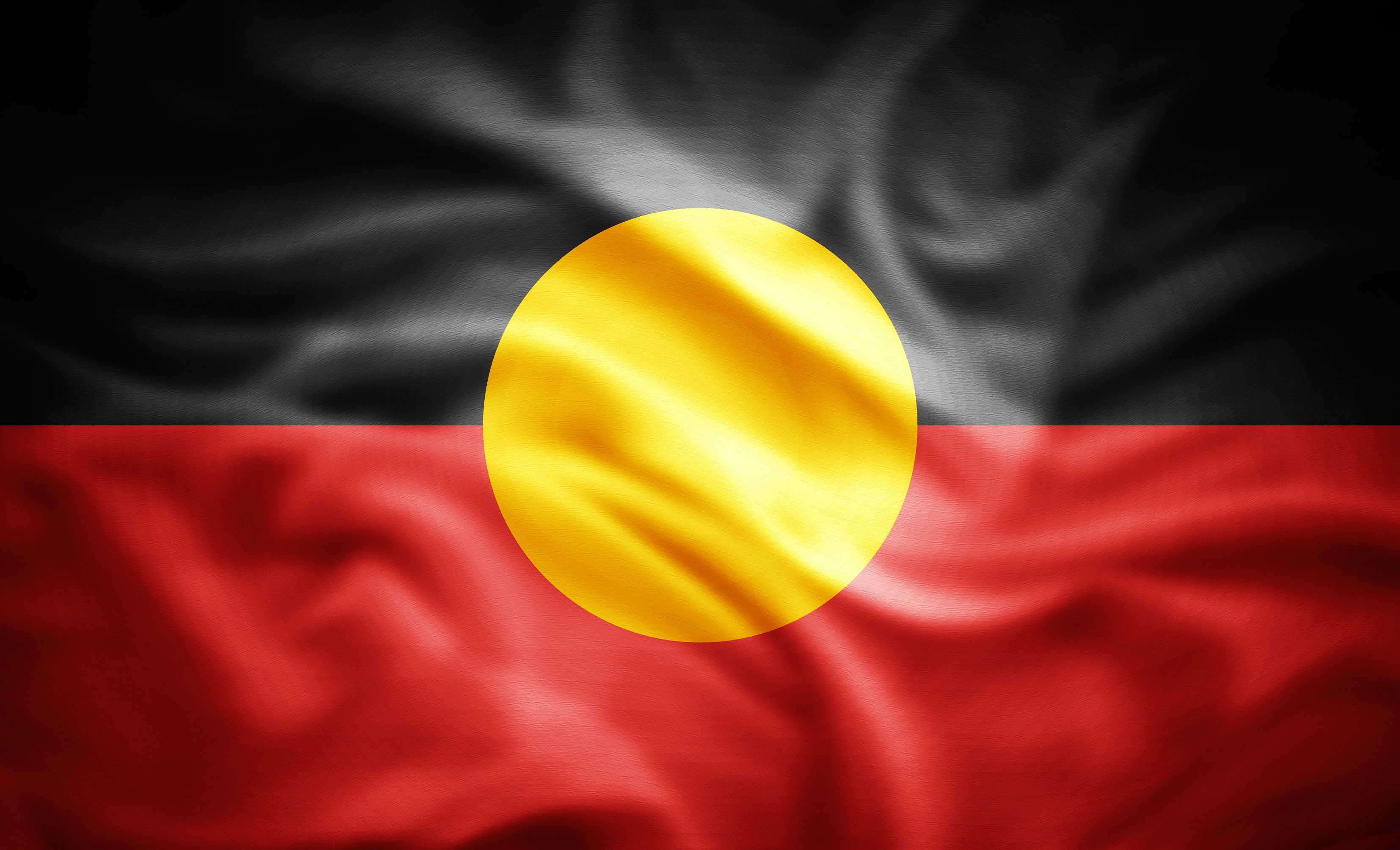
Anisha Damaso is the first person in her immediate family to not only go to university, but to graduate from high school, and is the first to move away from her home in Darwin. ‘Moving away was a massive step, but everyone in my family was so happy,’ she says, thinking back to the time when she knew her life was going to change.
Anisha had been accepted into Australia’s top-ranked university, the University of Melbourne, and secured a scholarship to live on campus at Trinity College, where she’d reside with nearly 400 other students studying various degrees at the university.
‘I’m proud to show another [life] pathway to not just my family, but a lot of my community and others at my school [O’Loughlin Catholic College],’ she says. ‘It shows that you don’t have to just finish school and go straight to work – you can go to uni.’
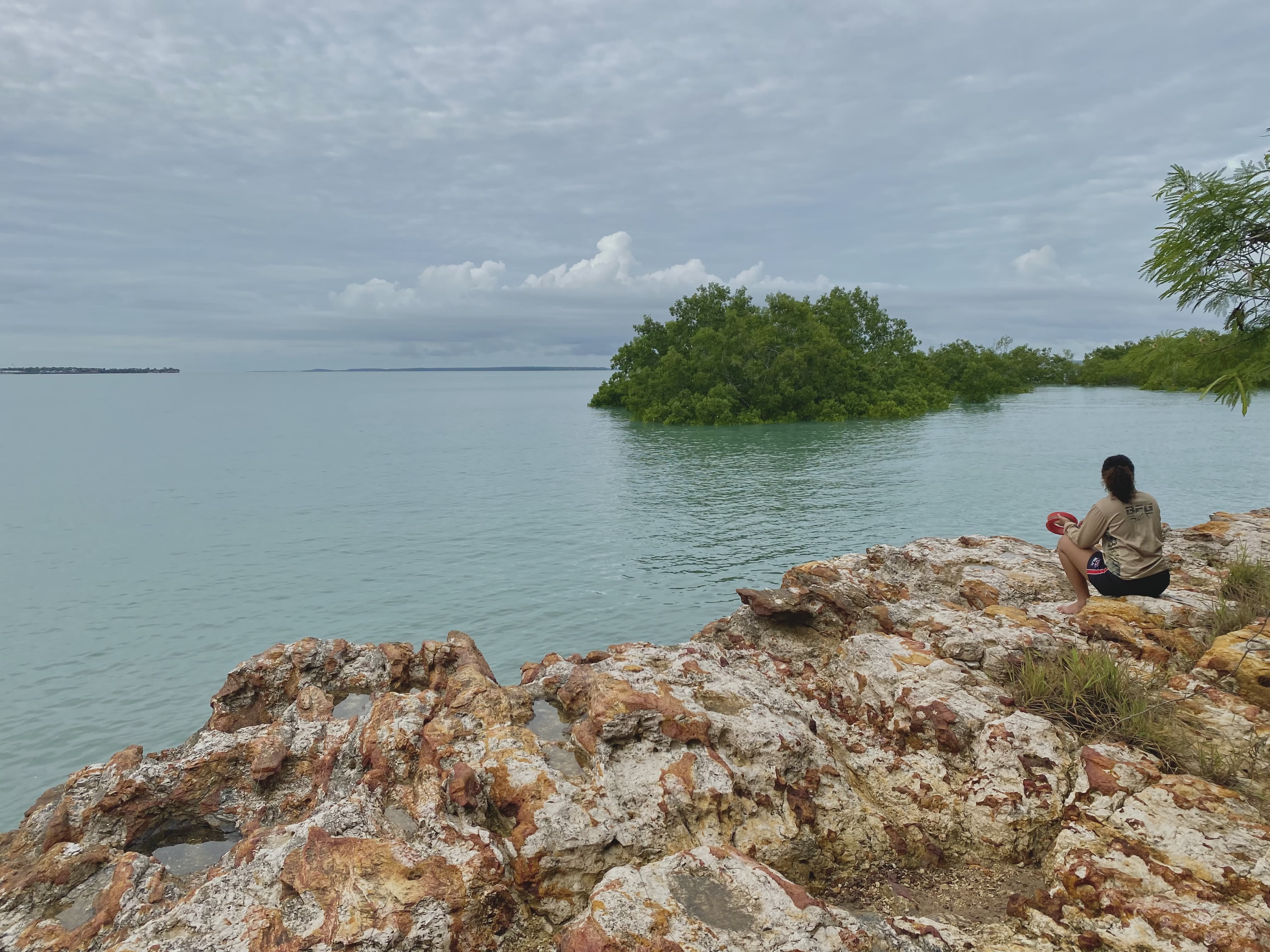
Anisha is a Yanyuwa and Malak-Malak woman who grew up on Larrakia country, surrounded by a big family. Her childhood memories include camping and fishing trips with family and attending a lot of community events. ‘It was really cool getting to grow up around people that were very proud and culturally educated … I’ve been taught a lot of stuff about myself so it’s easy to be proud of who I am.’
Anisha always wanted to be an urban planner, and knew she’d have to complete tertiary study outside Darwin to work in the field. ‘In year 9 I googled ‘how to become an urban planner’ and the first thing that came up was Melbourne University. Ever since then, I was like, alright, well, I’ll go to the University of Melbourne to become an urban planner.’ Always one to follow through on her word, now she is.
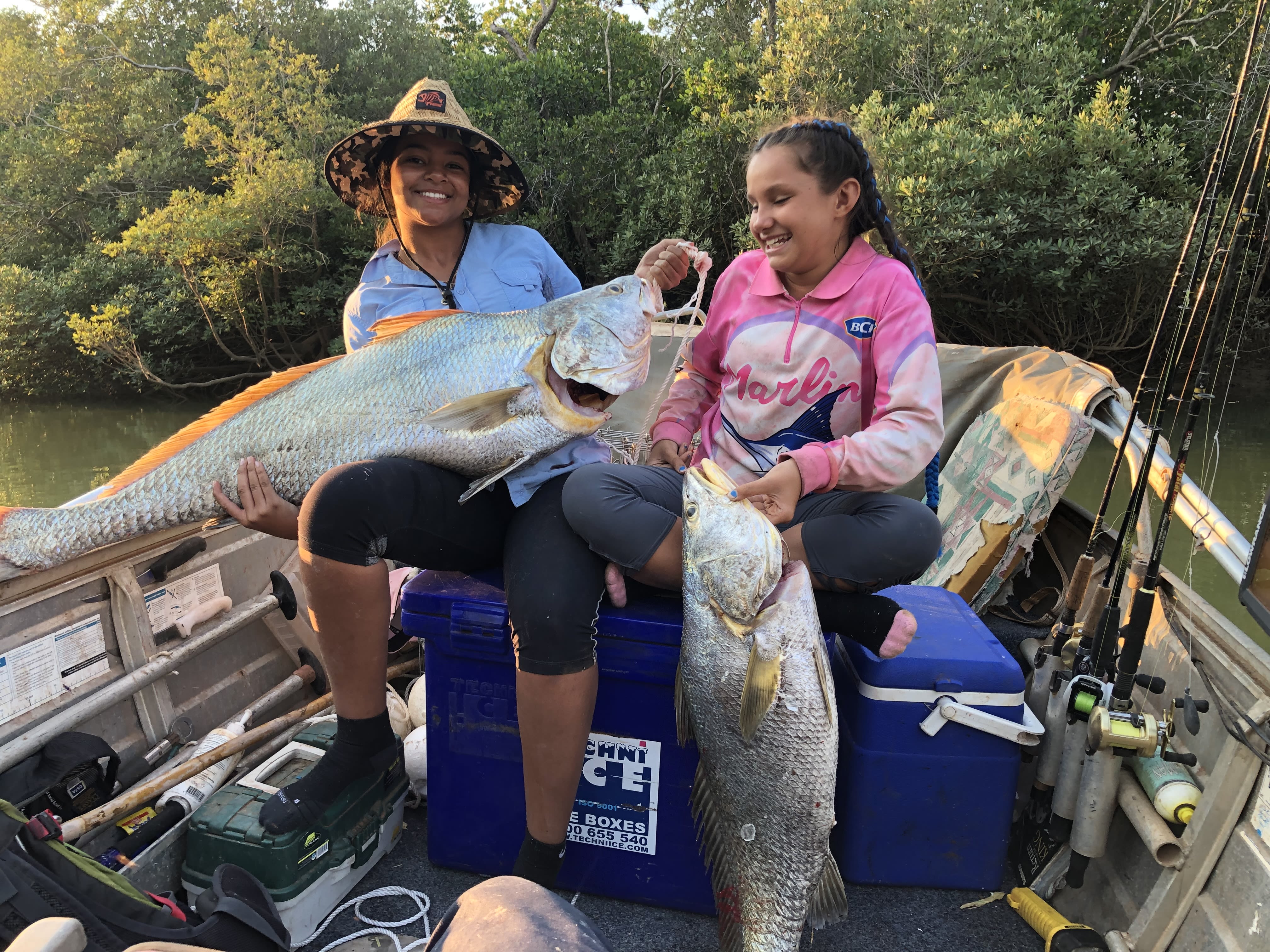
Knowing where to live while studying wasn’t so straightforward, however. Anisha contacted the Melbourne Institute for Indigenous Development, Murrup Barak, for advice. They told her about the 10 residential colleges at the University of Melbourne, mentioning that living on campus was the most convenient option while studying. ‘I looked at all the websites and Trinity College drew me in, it just looked nice.’
When Anisha arrived in Melbourne – a place she’d never been to before – the first thing she noticed was the noise. ‘Being in the city, there were trams and cars and construction. It was a bit scary,’ she remembers. ‘I wondered, what have I gotten myself into? I feel I’m used to it now, but sometimes I look up at the tall buildings and feel like a little kid. And I still get lost,’ she laughs.
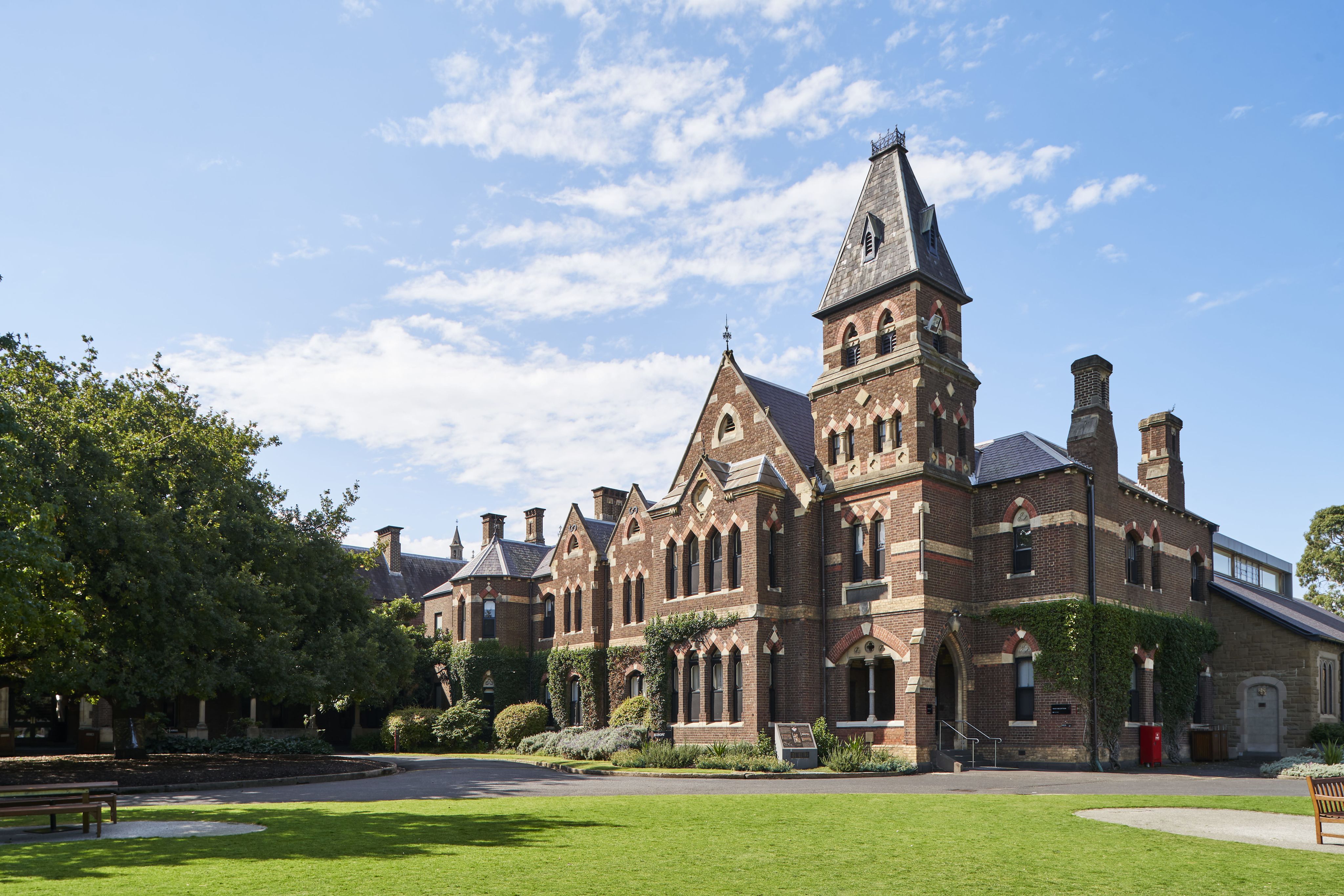
Arriving at college for the first time, surrounded by hundreds of other students, was also scary. ‘There was a bunch of people that I didn't know and I felt like everyone knew what was going on and I didn't. But then you start to realise that everyone's literally thinking the same thing. And once you find your people, it becomes so much easier.’
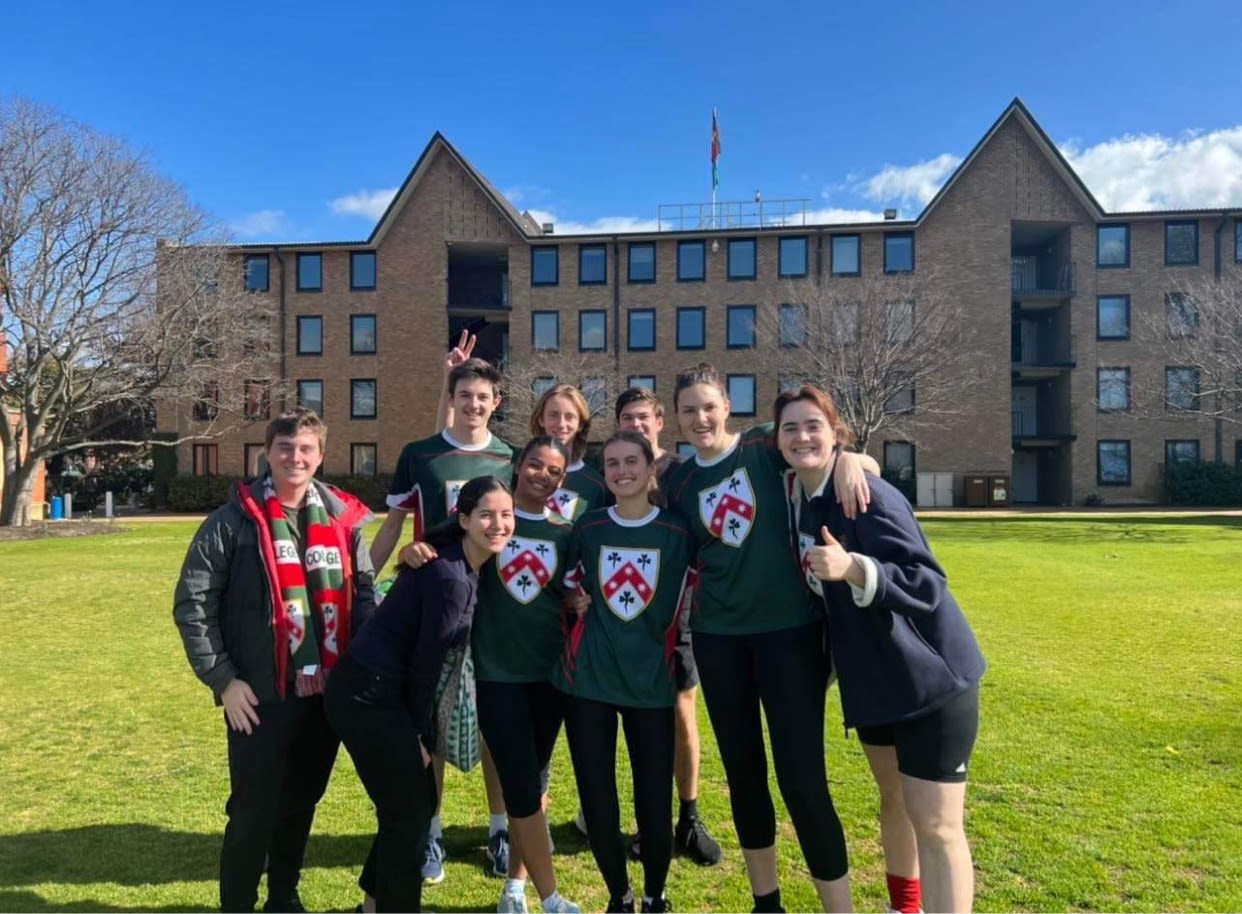
Anisha still hangs out with friends she made during O-Week – the first week of college when students join activities and events that help everyone get to know each other – saying that even though she was terrified, it turned out to be a lot of fun. She now says Trinity College feels a bit like Darwin in a way, in that everyone knows each other. ‘College makes Melbourne so much less scary because you've got this massive community of people that know you.’
Having now lived in Melbourne for over a year, Anisha notes how much her mind has been opened since moving to a big city. ‘Coming from somewhere really small like Darwin, everyone thinks the same thing. But coming to Melbourne, there are so many different people, different views, and different ideas of what success looks like. At home it's like, finish school, get a job, have a family, and that's it … I was stuck in my comfort zone in Darwin, whereas here I'm like, I want to try new things. I want to get as many experiences as I can.’
Anisha lists seeing snow for the first time, going to her first AFL game, and learning how to catch a tram as things that feel like big achievements. ‘It probably sounds silly, but we don’t catch public transport in Darwin.’ (And there’s definitely no snow.)
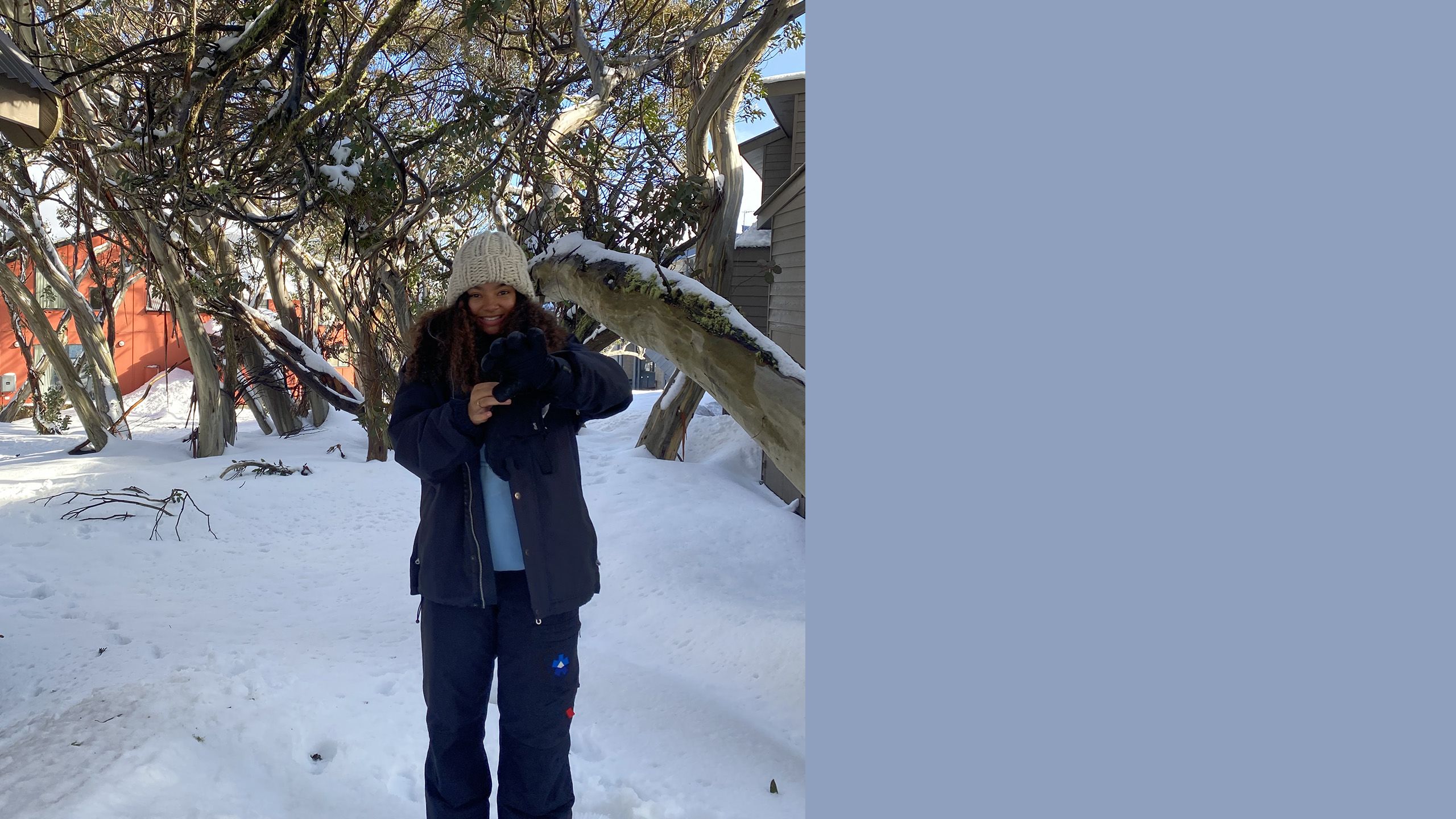
At Trinity College, she joined a number of sports teams and found common ground with students she may not have connected with otherwise.
She also joined Trinity’s First Nations student committee, Kumergaii Yulendji, which has let her learn about the cultures of other Indigenous students at the college, and she has become the college’s first Indigenous student coordinator.
In this role she helps other Aboriginal and Torres Strait Islander students come together and support each other, particularly with issues that are unique to the community, including the feeling of living off country.
‘I've definitely struggled with that a little bit just because it's so different,’ says Anisha. ‘[On Wurundjeri country] the grass looks different, the trees look different. I remember one of the first things I noticed when I arrived was that the trees and air smell different here. Plus, there are really big pigeons in Melbourne,’ she laughs.
‘Sometimes I’d think, maybe I don't belong here because I have such a strong sense of connection to Darwin. But even though that's where I belong, I know I deserve to be here in Melbourne.’
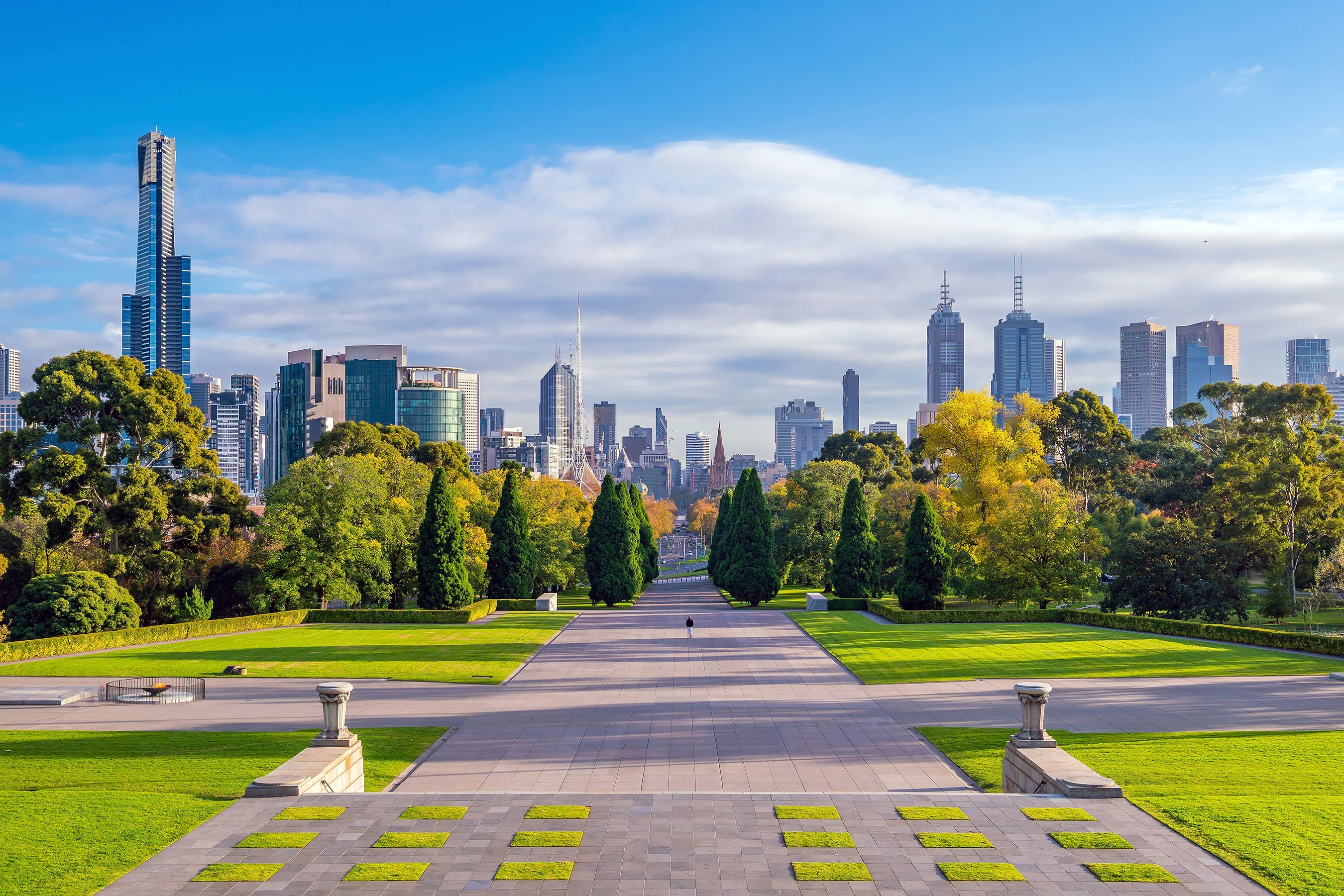
Anisha discovered that a lot of other Indigenous students at Trinity had similar feelings, so she stepped into a leadership role to help create a community within the Trinity community, saying that her dad – a proud Larrakia man – has always inspired her to be a leader. ‘I’m feeling much more confident now because I know I have my people and I can help other Indigenous students have a better experience here.’
Anisha admits that, at times, she still feels different to a lot of others at college, especially when she hears other students talking about their siblings or grandparents who came to Trinity. ‘I think, okay, well I'm the first person in my whole family to even come to a university ... but I like it. I think it's cool to experience these things and I know I'm making everyone at home proud. I can go back and tell them, "You should go to uni, you can go to college". I've got younger siblings and cousins that are looking at me and now they're like, "Oh my God, I can go to uni, I can do this". It's exciting.’
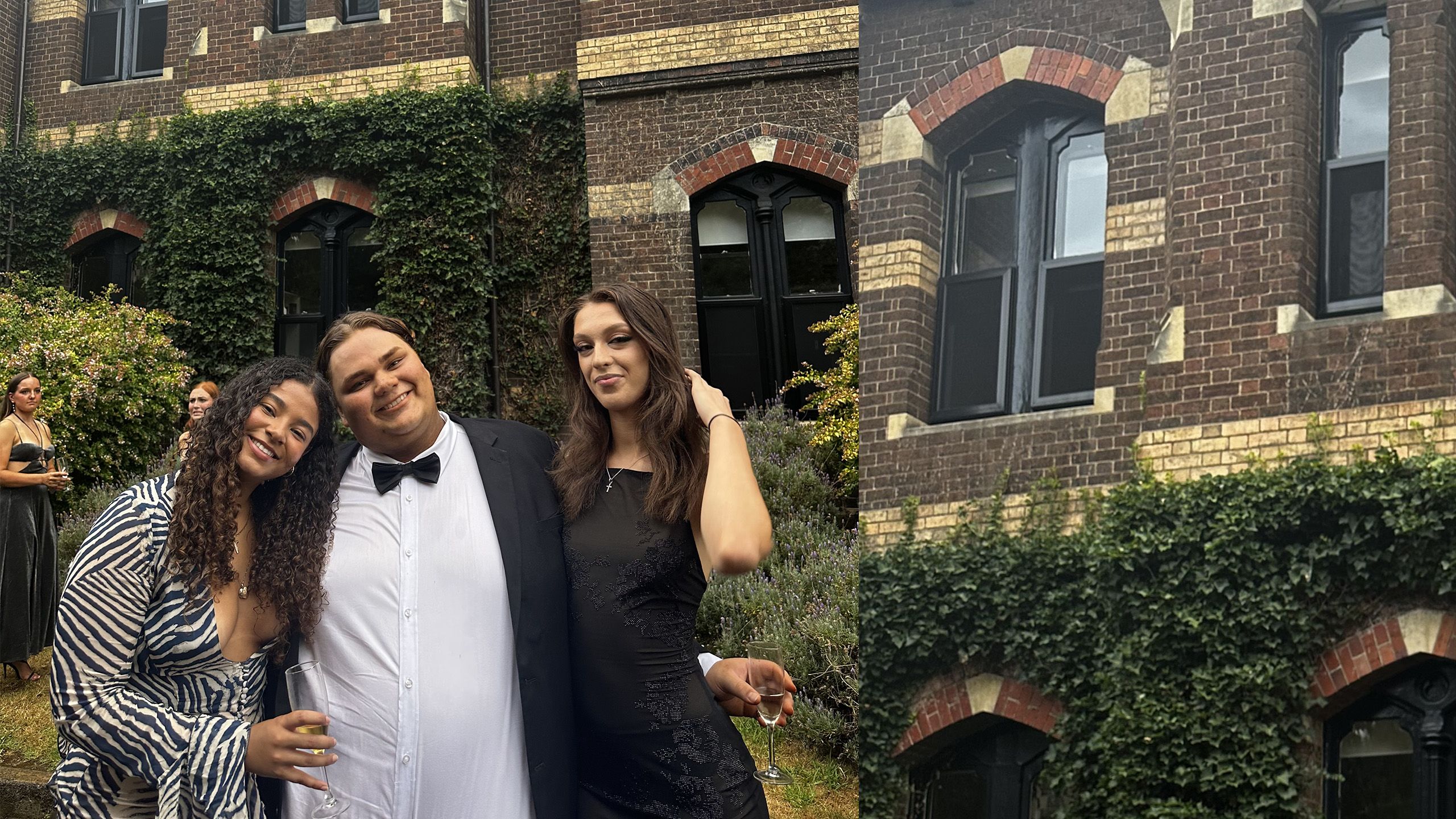
Visit this page to learn more about living at Trinity College and to apply. Scholarships available.
